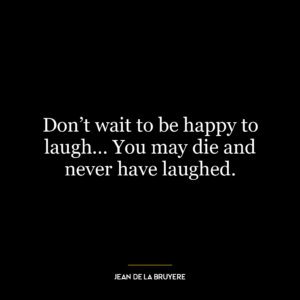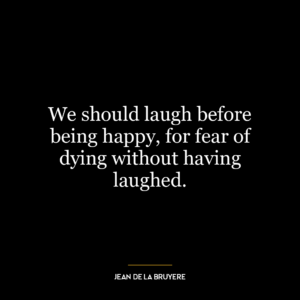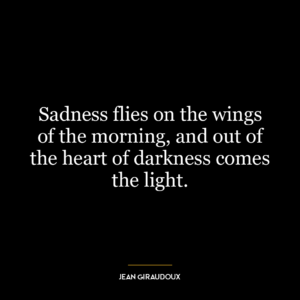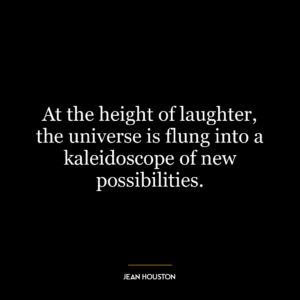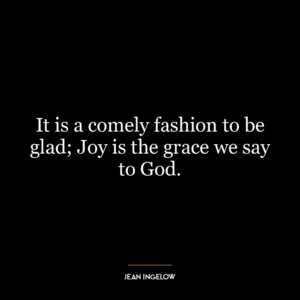The quote, “Pain and happiness are simply conditions of the ego. Forget the ego,” by Laozi, essentially means that both suffering and joy are tied to our perception of self, or our ego. The ego is our conscious mind, the part of our identity that we consider our “self.” It’s the part of us that experiences and reacts to the world around us.
When we experience pain or happiness, it’s usually a reaction to something that has happened to us personally. For instance, we feel pain when we lose something or someone we care about, and we feel happy when we achieve a goal or receive something we wanted. These feelings are based on our personal attachments and desires, which are all part of our ego.
Laozi suggests that if we can manage to forget or let go of our ego, we can also let go of the pain and happiness tied to it. This doesn’t mean we become emotionless or indifferent, but rather that we learn to see things as they are, without letting our personal attachments color our perception. We can experience life more fully and authentically, without being swayed by the highs and lows of our ego-driven emotions.
In today’s world, this idea can be applied in many ways. For instance, in personal development, one might strive to become less attached to material possessions, social status, or the opinions of others, all of which are tied to the ego. By doing so, one can become more resilient, more open-minded, and more at peace with themselves and the world around them.
On a societal level, if more people were to forget their egos, we might see less conflict and inequality. Many of the world’s problems are caused by people’s desire to protect and enhance their own egos, often at the expense of others. By forgetting the ego, we can learn to see all people as equal and deserving of respect, regardless of their status or possessions.
In conclusion, forgetting the ego as Laozi advises, allows us to experience life more fully and authentically, and it can lead to a more peaceful and equitable society.







